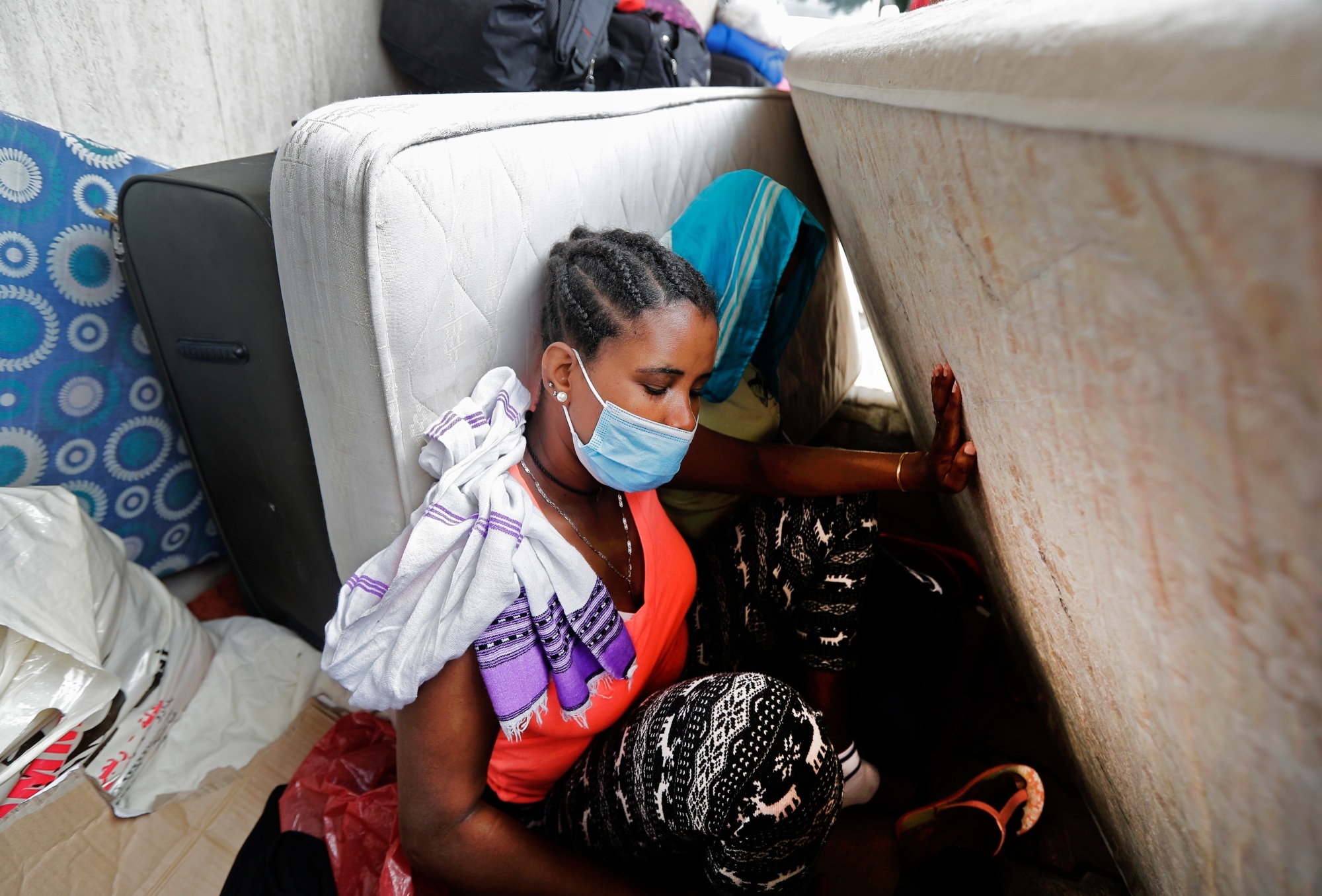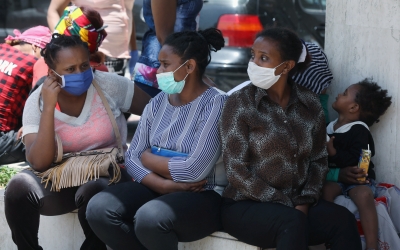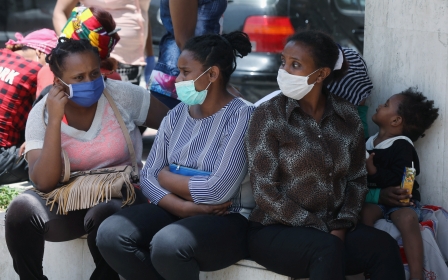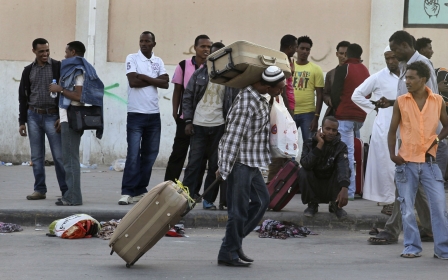Ethiopia cuts flight costs from Lebanon after change in quarantine rules

Ethiopia reduced the price of its flights from Beirut to Addis Ababa following an easing of quarantine rules for travellers entering the country and after an uproar from its citizens who had been stranded in Lebanon amid the coronavirus pandemic.
Ethiopian Airlines was publicly slammed after it began charging passengers $1,450 on its Beirut to Addis Ababa route. The cost included the price for flights and a mandatory two-week stay at one of the 23 hotels designated as quarantine centres.
Earlier this week, Ethiopia's Health Ministry said travellers could now provide a certificate showing they had tested negative for Covid-19 72 hours prior to arrival in Ethiopia.
A representative from the state-owned Ethiopian Airlines confirmed to Middle East Eye that it had reduced its flight prices.
It did not confirm whether the price changes were related to criticism faced by the airline for charging passengers $1,450 for flights and mandatory quarantine.
"The new prices depend on the date, with the lowest being $280 in July on regular flights," the representative told MEE.
"This change is linked to changes in the quarantine rules we have in place in Addis Ababa."
Human rights activists had criticised Addis Ababa and said the price hike further prohibited the return of dozens of Ethiopian women stranded and destitute after being abandoned by their employers at Ethiopia's consulate outside Beirut.
The quarantine changes come after Middle East Eye revealed that the Ethiopian government had been quarantining domestic workers free of charge in May after it repatriated hundreds of them, but that the airline had subsequently increased its fees.
About 150,000 Ethiopian women work in Lebanon, with the vast majority in jobs that pay as little as $150 a month.
Still, with Lebanon experiencing a devastating economic crisis that has seen the Lebanese pound lose about 70 percent of its value in recent months, hundreds of domestic workers have been laid off en masse or had their salaries withheld.
Ethiopians are given the right to work in Lebanon via the kafala system, a controversial system of sponsorship that ties the worker's legal residency to their employers.
The system has come under scrutiny in recent years for leaving workers vulnerable to exploitation and abuse.
Middle East Eye delivers independent and unrivalled coverage and analysis of the Middle East, North Africa and beyond. To learn more about republishing this content and the associated fees, please fill out this form. More about MEE can be found here.





